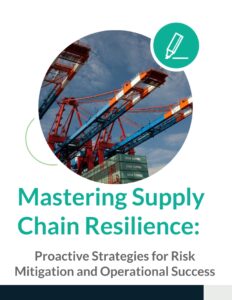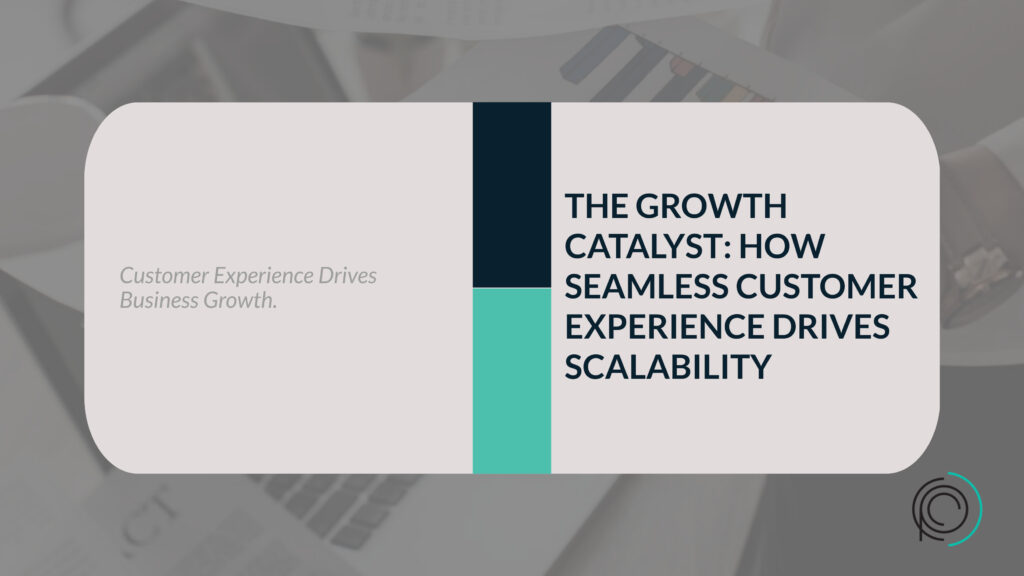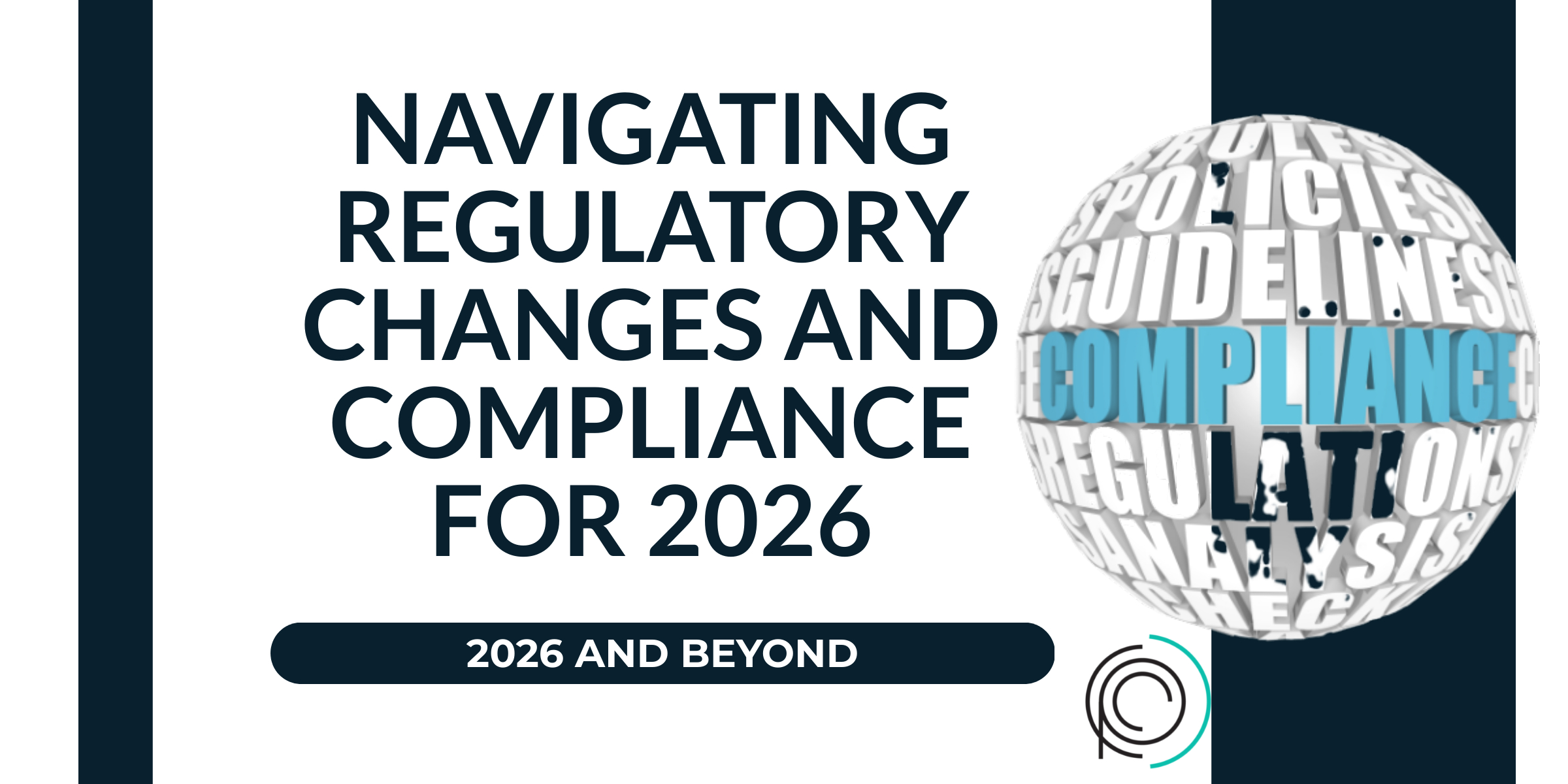Introduction
Today, customer experience (CX) is the make-or-break factor for businesses. Decision-makers must recognize that investing in improving CX can yield substantial financial returns and facilitate seamless scaling. This blog post explores the financial implications of enhancing customer experience, the benefits and drawbacks of self-service systems, and strategies for providing exceptional service. Whether automated or agent-driven, a flawless CX from initial engagement through the entire relationship can transform your business.
The Financial Impact of Customer Experience
Revenue Growth through Enhanced Customer Experience
Investing in customer experience (CX) is more than just an expense; it’s a significant revenue generator. Organizations that prioritize CX consistently outperform their competitors in revenue generation. By fostering positive experiences, businesses encourage repeat purchases and cultivate customer loyalty, ultimately driving sales growth.
Cost Savings from Efficient Processes
Streamlining customer interactions is a crucial strategy for reducing operational costs in any organization. By implementing automated systems, companies can handle a higher volume of inquiries with minimal human intervention, which not only speeds up response times but also cuts down on labor costs. Additionally, investing in well-trained agents enhances their ability to resolve customer issues on the first contact, further minimizing the time and resources required. This combination of technology and skilled personnel ensures that customers’ needs are met efficiently, leading to greater satisfaction and loyalty while significantly lowering expenses associated with prolonged interactions and support. Ultimately, efficient processes create a win-win scenario for both businesses and their customers.
Customer Retention and Loyalty
A seamless CX fosters loyalty. Satisfied customers are more likely to stay with your brand and advocate for it, reducing acquisition costs and increasing lifetime value. With expectations at an all-time high, failing to address issues promptly increases the risk of losing customers over problems that could have been easily resolved. Brand loyalty has become increasingly difficult given today’s expectations.
The Rise of Self-Service Systems
Convenience and Accessibility
The way we do business has changed over the last few decades. Self-service systems, such as ATMs, movie streaming services, and online shopping, allow customers to access products and services on demand. These systems have become increasingly popular due to their convenience and accessibility, as customers can access them 24/7 without the need for human assistance.
The Downsides of Self-Service Systems
While self-service systems offer many advantages, they also come with some drawbacks. First, technical issues may arise that require customer support, leading to frustration and potential loss of business. Second, these systems lack the human element that can provide a personalized and empathetic touch to customer interactions. This absence of personalization may lead to a disconnect between the customer and the brand, ultimately affecting their loyalty.
Strategies for Providing Exceptional Service
Cost-Effectiveness
Implementing self-service systems is generally more cost-effective than maintaining a large customer service team. These systems efficiently manage routine tasks such as answering frequently asked questions, processing simple transactions, and providing users with instant access to information, which allows human agents to focus on more complex inquiries that require personalized attention and expertise.
To ensure that you are effectively reducing costs without compromising the quality of the customer experience, it’s wise to periodically review your processes and assess the functionality of your self-service systems. Conducting secret shopping of your own systems can provide valuable insights into how well they are performing from a customer’s perspective. Additionally, regularly performing comprehensive evaluations of the customer experience—gathering feedback from users about their interactions and satisfaction levels—will help you identify areas for improvement and ensure that your self-service solutions continue to meet customer needs effectively. By adopting a proactive approach, you can create a balance between efficiency and exceptional service.
Invest in Technology
Technology continues to revolutionize the way we conduct business and interact with our customers. By investing in cutting-edge technology, such as advanced artificial intelligence (AI) chatbots and sophisticated machine learning algorithms, organizations can significantly enhance the capabilities of their self-service systems. These innovations not only streamline processes but also improve customer experiences by providing instant support and personalized interactions. Additionally, adopting such technologies can lead to substantial reductions in operational costs, as they automate routine tasks and free up human resources for more complex challenges. Embracing technological advancements is crucial for understanding and monitoring customer behavior, enabling effective upselling, and gaining insights into your customer base.
Train and Empower Agents
While technology plays a vital role in improving CX, organizations should not overlook the importance of well-trained agents. While the CEO and other leaders may represent the company in the media, it is often your agents who truly embody the firm. Their interactions play a crucial role in shaping customer experiences and perceptions of your brand. These individuals engage with your customers daily and possess the power to make or break those experiences. By investing in their training and empowering them with decision-making authority, companies can guarantee that customers receive personalized and empathetic support, ultimately fostering greater satisfaction and loyalty.
Continuously Gather and Act on Customer Feedback
Customers are not shy about sharing their opinions, whether positive or negative. It is crucial for businesses to actively collect feedback from customers and take action based on their suggestions. This not only shows customers that their opinions are valued but also allows companies to identify areas of improvement and make necessary changes to enhance CX continually.
Capturing the demographic that still has not adopted modern technology. Keep in mind that not all customers are comfortable using these systems, and navigating through them may be challenging for some. To address this challenge, it is crucial to provide alternative purchasing options for your customers. Some customers will always prefer to interact with a live representative when addressing their inquiries. While self-service systems are efficient, they often lack the personal touch that comes from engaging with a human agent, which can affect overall satisfaction. Poorly designed interfaces or lack of human assistance can result in negative experiences. Providing well-trained live agents via chat or phone can greatly enhance the customer experience, as these interactions typically involve straightforward questions that customers want answered by a person.
Enhancing Customer Experience with Technology
AI and Chatbots
Artificial intelligence (AI) and chatbots have surged in popularity over the last few years, positioning them as high-value options at a relatively low cost for businesses of all sizes. AI chatbots are designed to provide instant responses to customer inquiries, significantly improving both response times and accuracy. These intelligent tools can efficiently manage a large volume of simultaneous queries, ensuring that customers receive timely assistance without long wait times. Additionally, they gather and monitor essential information about your operations, which helps in identifying areas for improvement and gaining insights into customer preferences and behaviors.
Personalized Experiences
By leveraging advanced data analytics, businesses can offer highly personalized experiences that resonate with their customers. This capability allows for tailored recommendations based on previous interactions and preferences, enhancing customer satisfaction. Moreover, targeted marketing strategies can be developed, ensuring that messages reach the right audience at the right time. This level of personalization makes customers feel valued and understood, fostering loyalty and encouraging repeat business. As a result, AI chatbots not only streamline customer interactions but also play a crucial role in shaping a positive customer journey.
Omnichannel Support
Maintaining consistency in customer experience, tone, and responsiveness is crucial for meeting customer expectations and enhancing overall satisfaction. This entails not only addressing inquiries promptly but also ensuring that customers receive the same level of service regardless of the channel they choose. Providing support across multiple channels—such as social media, email, phone, and in-app chat—ensures that customers can reach you through their preferred method, making it easier for them to connect with your brand. This flexibility is key to a seamless customer experience (CX) as it empowers customers to interact in a way that is most convenient for them, ultimately leading to higher engagement and loyalty. By effectively integrating these channels, businesses can gather valuable insights into customer preferences, allowing for even more personalized service in the future.
The Role of Human Agents
Complex Issue Resolution
While technology efficiently manages routine inquiries through automated systems and chatbots, human agents play a critical role in addressing complex issues that require a deeper understanding and personal touch. These skilled agents possess the empathy, communication skills, and problem-solving abilities needed to navigate challenging situations. They can listen to customers’ concerns, understand their emotions, and provide tailored solutions. This personal interaction not only resolves issues effectively but can also transform a frustrated customer into a loyal advocate who appreciates the care and attention they receive. By prioritizing human involvement in complex problem resolution, companies can foster stronger relationships with their customers and enhance overall satisfaction.
Building Relationships
In an age filled with impressive technology, it might seem tempting to remove humans from customer interactions. However, that’s far from reality. Humans will continue to play a crucial role in delivering exceptional customer experiences. Genuine interactions foster stronger relationships, and customers truly value when agents go the extra mile to resolve issues. These efforts create memorable experiences that cultivate loyalty.
Continuous Training
Training and retraining is an ongoing process that should never be overlooked. By investing in continuous education for your customer service team, you not only keep them informed about the latest industry trends and best practices, but you also empower them to handle a diverse range of customer inquiries more effectively. This commitment to professional development ensures that your team possesses the latest skills and knowledge necessary to deliver exceptional service, fostering stronger customer relationships and enhancing overall satisfaction. Additionally, regular training sessions can boost team morale and confidence, ultimately leading to a more engaged and motivated workforce that is capable of exceeding customer expectations.
Measuring the Success of Your CX Strategy
Customer Satisfaction Surveys
Regularly collecting feedback through surveys is a vital practice for any business aiming to gauge customer satisfaction levels. These surveys can take various forms, such as online questionnaires, phone interviews, or face-to-face interactions. By understanding customer pain points and expectations, organizations can make targeted improvements that directly address the needs of their clientele. This process not only helps in identifying areas of concern but also shows customers that their opinions are valued, fostering a sense of loyalty and trust towards the brand.
Net Promoter Score (NPS)
The Net Promoter Score (NPS) is a widely used metric that measures customer loyalty by asking respondents how likely they are to recommend your brand, product, or service to others. Typically, customers are rated on a scale of 0-10, and their responses categorize them into promoters, passives, and detractors. A high NPS indicates strong customer satisfaction and loyalty, suggesting that your brand has created a positive experience worth sharing. Tracking NPS over time can provide valuable insights into how changes in your service or product offerings impact customer perceptions and can guide future strategies.
Customer Effort Score (CES)
The Customer Effort Score (CES) measures how easy it is for customers to resolve their issues with your company. This can involve assessing experiences related to customer service interactions, product returns, or navigating your website. Lower effort scores correlate with higher levels of satisfaction and loyalty, as customers appreciate streamlined, hassle-free experiences. By focusing on reducing friction in customer interactions, businesses can enhance overall satisfaction and encourage repeat business, ultimately leading to a loyal customer base.
The Future of Customer Experience
Predictive Analytics
Predictive analytics is revolutionizing the way businesses understand and interact with their customers. By leveraging data from numerous sources, it can anticipate customer needs and preferences, allowing organizations to proactively address potential issues and tailor their offerings. This approach not only enhances customer satisfaction but also fosters loyalty by creating a more seamless and enjoyable experience.
Voice Assistants
Voice assistants, such as Amazon Alexa and Google Assistant, are becoming increasingly integrated into customer service strategies across various industries. These intelligent tools provide convenient, hands-free support for a wide range of tasks, from answering simple inquiries to managing complex requests. As they continue to evolve, voice assistants are expected to offer even more sophisticated functionalities, making customer interactions faster and more efficient.
Advanced Personalization
The future of customer experience is leaning heavily towards advanced personalization, driven by continual advancements in artificial intelligence. These technologies will enable businesses to tailor experiences to individual customers in real time, anticipating their needs before they even arise. By analyzing past behaviors, preferences, and contextual data, AI can create highly customized interactions that resonate with customers on a deeper level, ultimately leading to greater satisfaction and engagement.
Conclusion
Investing in a seamless customer experience is crucial for scaling your business effectively. From self-service systems to human interactions, every touchpoint matters. By leveraging technology, continuous training, and measuring success, decision-makers can create an exceptional CX that drives revenue growth, cost savings, and customer loyalty. To explore further, consider consulting with industry experts or adopting advanced tools tailored to your business needs. Ensuring your process is seamless from initial engagement and throughout the relationship can be the difference between losing a customer for good and securing a loyal advocate. To get started, contact one of our customer experience consultants today.
Enhance your customer experience today and unlock the potential for unprecedented growth and success.






